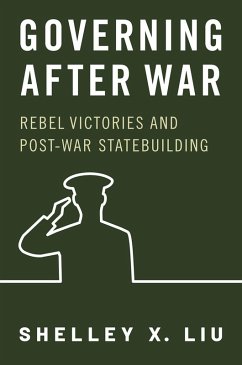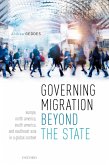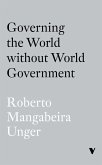Governing After War explores how wartime processes affects post-war state-building efforts when rebels win a civil war and come into power. Post-war governance is a continuation of war--although violence has ceased, the victor must consolidate its control over the state through a process of internal conquest. This means carefully making choices about resource allocation towards development and security. Where does the victor choose to spend, and why? And what are the implications for ultimately consolidating power and preventing conflict recurrence? The book examines wartime rebel-civilian ties under rebel governance and explains how these ties--along with rebel governing institutions--shape the rebel victors' post-war various resource allocation strategies to establish control at the sub-national level. In turn, successfully balancing resources dedicated toward development and security helps the victor to consolidate power. The book relies on mixed-methods evidence from Zimbabwe and Liberia, combining interviews, focus groups, and archival data with fine-grained census, administrative, survey, and conflict datasets to provide an in-depth examination of subnational variation in wartime rebel behavior and post-war governing strategies. A comparison of Zimbabwe and Liberia alongside four additional civil wars in Burundi, Rwanda, C?te d'Ivoire, and Angola further demonstrates the importance of wartime civilian tie-formation for post-war control. The argument's central insights point to war and peace as part of a long state-building process, and suggest that the international community should pay attention to sub-national political constraints that new governments face. Her findings offer implications for recent rebel victories and, more broadly, for understanding the termination, trajectories, and political legacies of such conflicts around the world.
Dieser Download kann aus rechtlichen Gründen nur mit Rechnungsadresse in A, B, BG, CY, CZ, D, DK, EW, E, FIN, F, GR, HR, H, IRL, I, LT, L, LR, M, NL, PL, P, R, S, SLO, SK ausgeliefert werden.









